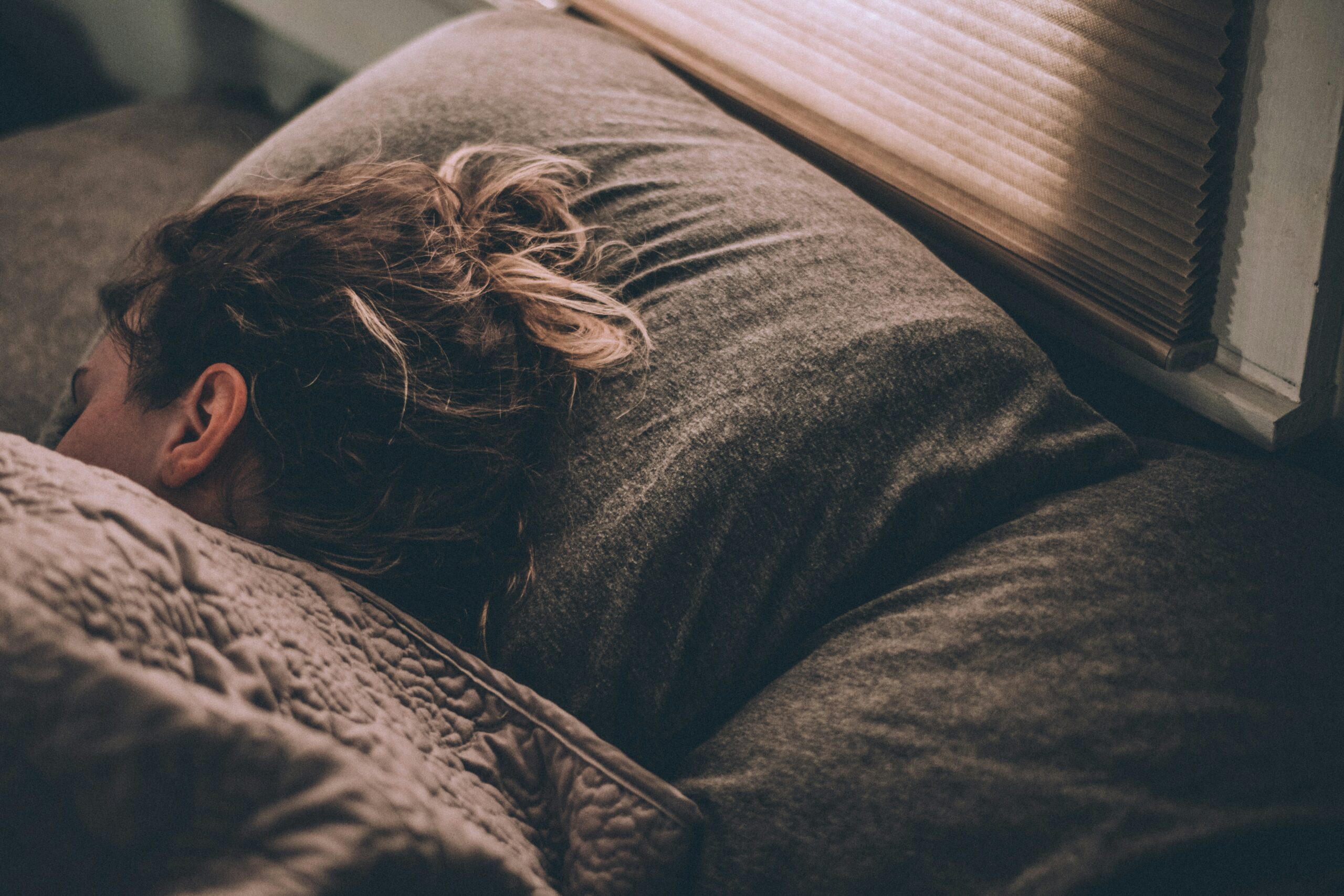Sleep and Aging: How to Improve Sleep Quality

Sleep and Aging: How to Improve Sleep Quality
Sleep is essential for maintaining overall health, yet as people age, getting a good night’s sleep can become increasingly difficult. Many elderly individuals struggle with sleep disturbances, which can affect their physical and mental well-being. In this article, we will explore common sleep issues among seniors, tips for improving sleep routines, and the effects of medications on sleep quality.
Common Sleep Issues in the Elderly
Aging brings several changes to sleep patterns. Seniors may experience:
- Insomnia – Difficulty falling or staying asleep, often caused by stress, anxiety, or underlying health conditions.
- Sleep Apnea – A condition where breathing repeatedly stops and starts during sleep, leading to poor rest and excessive daytime fatigue.
- Restless Leg Syndrome (RLS) – An uncontrollable urge to move the legs, which can disrupt sleep.
- Frequent Nighttime Awakenings – Many seniors wake up multiple times due to discomfort, the need to use the bathroom, or light sleep patterns.
- Daytime Sleepiness – Poor nighttime sleep can lead to excessive drowsiness during the day, affecting energy levels and cognitive function.
Tips for a Better Sleep Routine
Establishing healthy sleep habits can significantly improve sleep quality. Here are some effective strategies:
- Stick to a Sleep Schedule – Going to bed and waking up at the same time every day helps regulate the body’s internal clock.
- Create a Comfortable Sleep Environment – A cool, dark, and quiet room promotes better rest. Invest in a comfortable mattress and pillows.
- Limit Screen Time Before Bed – Reduce exposure to screens (phones, TVs, and tablets) at least an hour before bedtime to avoid blue light interference with melatonin production.
- Engage in Regular Physical Activity – Light exercises such as walking or yoga can help improve sleep, but avoid strenuous activity close to bedtime.
- Avoid Stimulants – Reduce caffeine and nicotine intake, especially in the evening, as they can interfere with sleep.
- Practice Relaxation Techniques – Deep breathing, meditation, or reading a book can help calm the mind and prepare the body for rest.
- Limit Naps – Short naps (20–30 minutes) during the day are fine, but long naps can disrupt nighttime sleep.
Effects of Medications on Sleep
Certain medications can negatively impact sleep patterns. Seniors taking prescription or over-the-counter drugs should be aware of potential side effects, such as:
- Diuretics – Often used for high blood pressure, they can increase nighttime bathroom trips, leading to sleep disruption.
- Antidepressants – Some types may cause insomnia, while others may lead to drowsiness during the day.
- Beta-blockers – Used for heart conditions, these medications may reduce melatonin production, making it harder to sleep.
- Pain Relievers – Some contain caffeine, which can interfere with sleep if taken too late in the day.
If sleep disturbances persist, it is important to consult a healthcare provider to assess whether medications are contributing to the issue. In some cases, alternative treatments or adjustments to dosage may improve sleep quality.
Good sleep is crucial for maintaining overall health and well-being in older adults. By addressing common sleep issues, following a consistent bedtime routine, and understanding the effects of medications, seniors can improve their sleep quality and enjoy a more restful night. If sleep difficulties persist, seeking medical advice is always recommended to rule out underlying health conditions.
